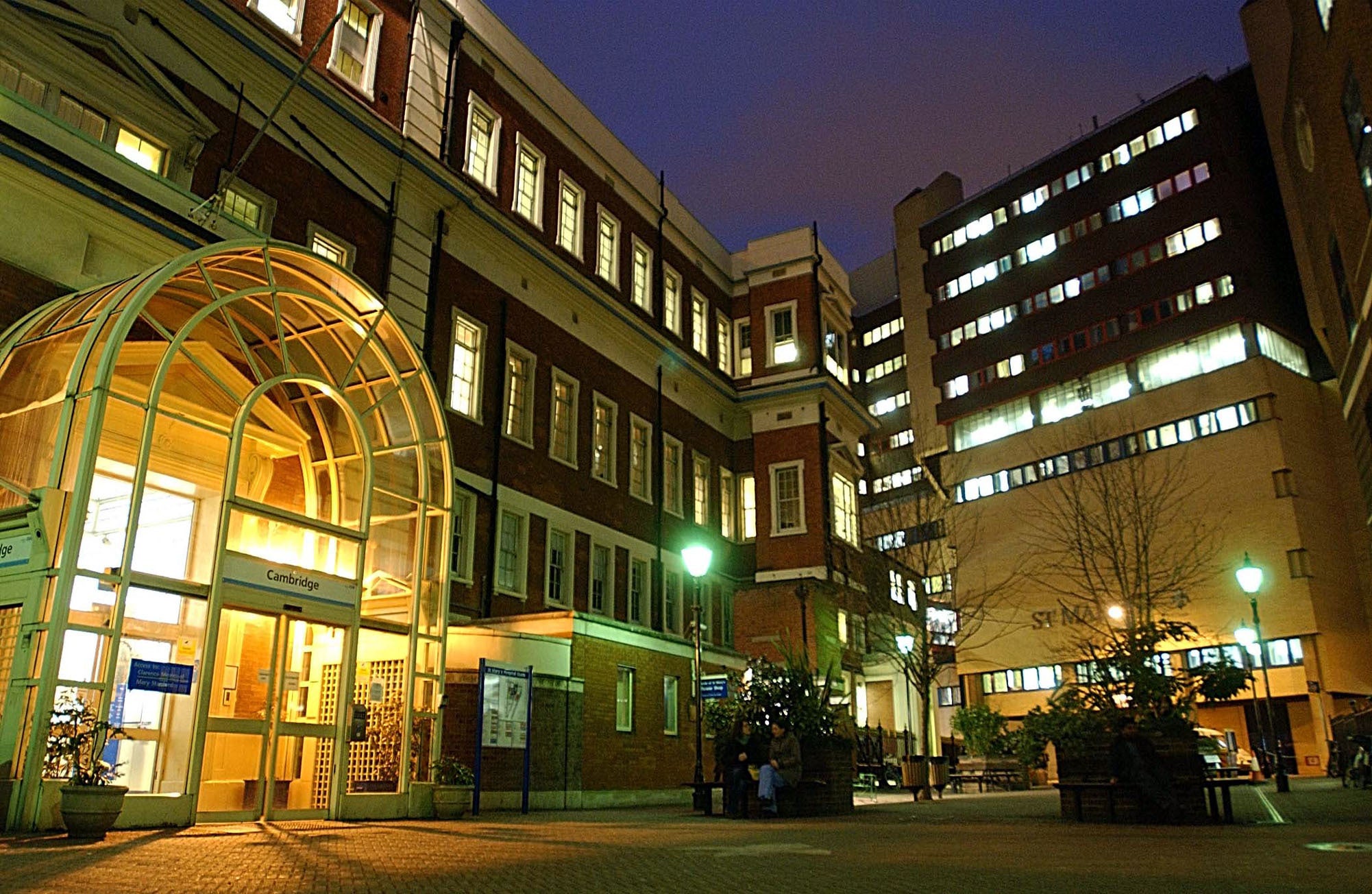Two more monkeypox cases confirmed in England
The cases are not linked to a previously confirmed case in England announced on May 7.

Your support helps us to tell the story
From reproductive rights to climate change to Big Tech, The Independent is on the ground when the story is developing. Whether it's investigating the financials of Elon Musk's pro-Trump PAC or producing our latest documentary, 'The A Word', which shines a light on the American women fighting for reproductive rights, we know how important it is to parse out the facts from the messaging.
At such a critical moment in US history, we need reporters on the ground. Your donation allows us to keep sending journalists to speak to both sides of the story.
The Independent is trusted by Americans across the entire political spectrum. And unlike many other quality news outlets, we choose not to lock Americans out of our reporting and analysis with paywalls. We believe quality journalism should be available to everyone, paid for by those who can afford it.
Your support makes all the difference.Two more cases of monkeypox have been confirmed in England, health bosses said.
One of the two people – who live in the same household – is being treated in hospital, the UK Health Security Agency said.
The cases, confirmed by health bosses on Saturday, are not linked to the previously confirmed case in England announced on May 7.
Close contacts of the latest two cases are being contacted and offered information and health advice “as a precautionary measure”, the UKHSA said.
Health bosses said it is important to emphasise that monkeypox does not spread easily between people and that the overall risk to the general public remains “very low”.
One of the latest cases is being cared for at the infectious diseases unit at St Mary’s Hospital, Imperial College Healthcare NHS Trust, in London.
The other person is isolating and does not currently require hospital treatment, the UKHSA said.
Health officials said they are investigating where and how the pair acquired their infection.
The case announced earlier this month was a person with a recent travel history from Nigeria, which is where they were believed to have contracted the infection, before travelling to the UK.
Dr Colin Brown, director of clinical and emerging infections at the UKHSA, said: “We have confirmed two new monkeypox cases in England that are not linked to the case announced on May 7.
“While investigations remain ongoing to determine the source of infection, it is important to emphasise it does not spread easily between people and requires close personal contact with an infected symptomatic person. The overall risk to the general public remains very low.
“We are contacting any potential friends, family or contacts in the community. We are also working with the NHS to reach any healthcare contacts who have had close contact with the cases prior to confirmation of their infection, to assess them as necessary and provide advice.”
He said the UKHSA and the NHS have “well established and robust infection control procedures for dealing with cases of imported infectious disease and these will be strictly followed”.
Professor Julian Redhead, medical director at Imperial College Healthcare NHS Trust, said: “We are caring for a patient in our specialist high consequence infectious diseases unit at St Mary’s Hospital.
“All of the necessary infectious control procedures have been followed and we are working closely with UKHSA and NHS England.”
The health agency said initial symptoms of monkeypox include fever, headache, muscle aches, backache, swollen lymph nodes, chills and exhaustion.
It said a rash can develop, which changes and goes through different stages before finally forming a scab, which later falls off.